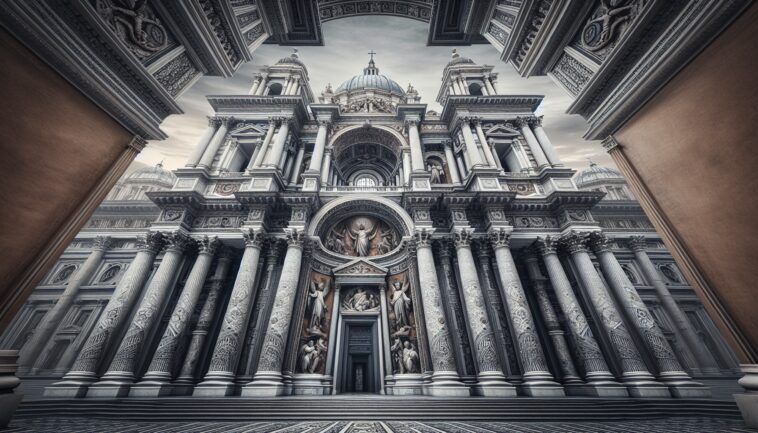Table of Contents
The significance of the papal conclave
The recent passing of Pope Francis at the age of 88 has left the Catholic Church in a state of mourning. This moment marks not just a loss for the faithful but also the beginning of a crucial process: the papal conclave.
The conclave is a gathering of cardinals who convene to elect a new pope, and it is steeped in tradition and significance. For many, this process is not just about choosing a leader; it represents a pivotal moment for the direction of the Church and its global influence.
How the conclave works
Following the death of a pope, the College of Cardinals, which consists of senior church officials, will meet in a conclave typically within 15 to 20 days. During this time, they will engage in discussions, prayers, and deliberations about the future of the Church.
The conclave is held in the Sistine Chapel, where the cardinals are sequestered until a new pope is elected. This isolation ensures that the cardinals can focus solely on their task without outside influence.
The election process involves multiple rounds of voting.
Initially, the cardinals will cast their votes, and if no candidate receives a two-thirds majority, the voting continues. This process can take several days, and the cardinals will often engage in discussions to gauge support for various candidates. Once a candidate achieves the necessary votes, they are asked if they accept the role, and upon acceptance, they are announced to the world.
The role of the new pope
The new pope will inherit a complex and multifaceted role. Beyond being the spiritual leader of over a billion Catholics worldwide, the pope also serves as a symbol of unity and a moral compass for many.
The challenges facing the new leader will be significant, including addressing issues such as secularism, interfaith dialogue, and the Church’s stance on social justice. The choice of the new pope will undoubtedly reflect the cardinals’ vision for the future of the Church and its engagement with contemporary society.
As the world watches the conclave unfold, the anticipation surrounding the election of a new pope is palpable. This moment not only shapes the future of the Catholic Church but also resonates with millions of believers who seek guidance and hope in their faith. The conclave is more than just an election; it is a profound event that encapsulates the essence of Catholicism and its enduring legacy.



